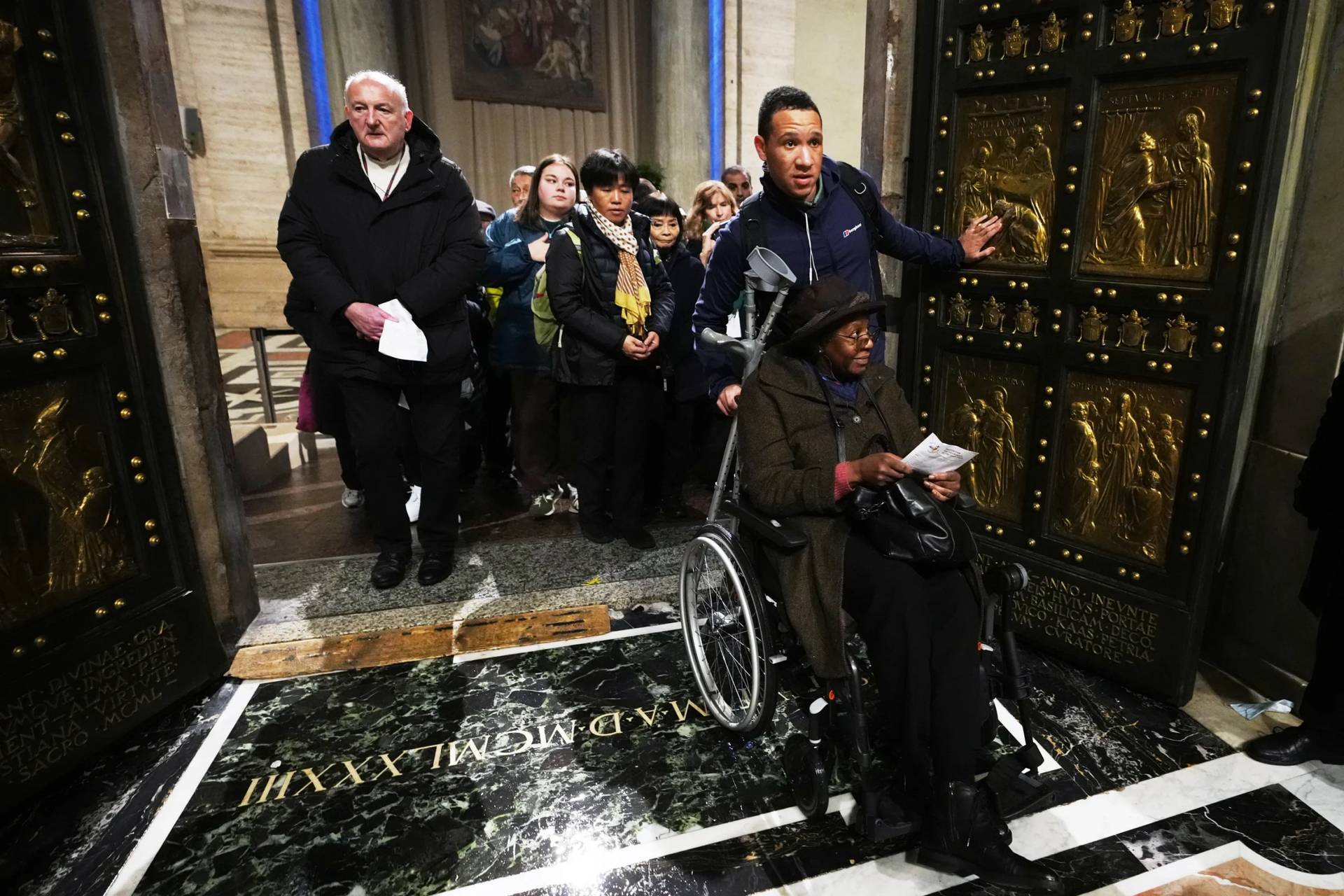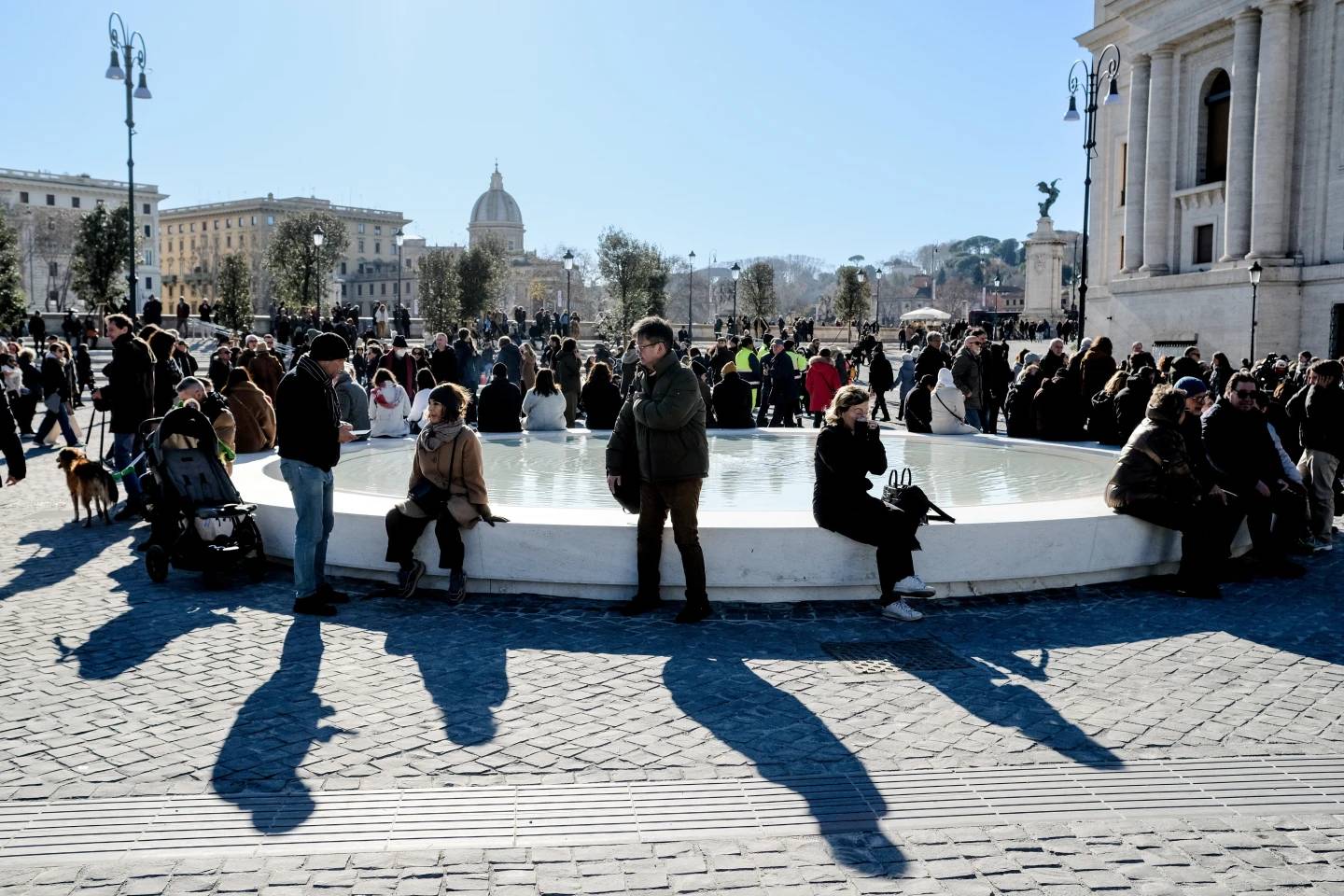Ukraine will be on the agenda when the Vatican Secretary of State, Cardinal Pietro Parolin, visits Moscow on August 20-24.
Parolin will be the highest-ranking Vatican diplomat to visit Russia since one of his predecessors, Cardinal Angelo Sodano, consecrated Moscow’s Catholic cathedral in 1999.
Hieromonk Stefan Igumnov, who heads up the inter-Christian relations department for the Russian Orthodox Church, said the situation in Ukraine “remains problematic,” and places the blame on the eastern-rite Ukrainian Greek Catholic Church.
RELATED: Russian Catholic Church leader hopes cardinal tackles local issues during visit
Igumnov said the Russian Orthodox Church “values” the Vatican’s position on Ukraine, which he said “precludes the use of the Holy See for speculations aimed at further escalating the Ukrainian crisis and moving the country’s conflict into a purely religious domain.”
The Russian priest’s comments came in an interview with Russia’s Interfax news agency published on August 16.
The Ukrainian Greek Catholic Church was suppressed during the Soviet era, and reasserted itself after Ukraine regained its independence in 1991. This created tensions with the Russian Orthodox Church – especially when Catholics sought to reclaim their churches, which had either been converted for secular use or handed over to the Orthodox Church.
RELATED: Pope sends personal note of condolence to Ukrainians after death of Cardinal Husar
Tensions were further exacerbated during the 2004 Orange Revolution and the 2014 Euromaidan Revolution, where the Russians accused the Ukrainian Catholic hierarchy of siding with anti-Russian political forces.
Russia annexed the Crimea region in 2014 – a move not recognized by international law – and has backed separatists fighting an ongoing civil war in the eastern Donbass region of Ukraine.
Major Archbishop Sviatoslav Shevchuk of Kiev-Halych, head of the Ukrainian Greek Catholic Church, has been one of the strongest voices in opposition to what he calls the “foreign aggression” of Russia.
Despite this, the Vatican has urged moderation and the observation of the Minsk Protocol, the often-ignored peace accord agreed to by both Russia and Ukraine at the beginning of the conflict in 2014.
The Vatican’s refusal to take sides in the conflict is considered a key consideration in the decision of Patriarch Kirill’s agreement to meet with Pope Francis in Havana on February 12, 2016.
RELATED: Pope Francis and the Russian Orthodox Patriarch met a year ago. Here’s what’s next
Igumnov told Interfax Parolin’s visit will build on this meeting, and “signify another stage of a cooperation that evolves across a variety of areas.”
He said the two Churches can help influence the world in many areas if they work together.
“The Russian Orthodox Church and the Roman Catholic Church are the biggest Christian communities in the world,” Igumnov said. “Their leaders are not afraid of assuming the responsibility to exert authoritative influence on today’s social processes, raising their voice in defense of traditional moral values, in support of the Christians suffering in various world regions, primarily in the Middle East, and on a whole host of other issues a successful resolution of which will define the future of the entire humankind.”
Parolin has said he plans on discussing the conflict in Ukraine with both President Vladimir Putin and Orthodox Church officials during his Moscow visit, as well as those in the Middle East and Syria.
RELATED: More and more, Parolin’s the face of authority in Francis’s Vatican
These conflicts, as well as others, “are the object of constant attention and concern for the Holy See,” Parolin told the Italian newspaper Corriere della Sera. “Therefore, the necessity and urgency of finding peace and the ways to obtain that will certainly be one of the main themes of the meetings.”
Parolin visited Ukraine from June 15 to 20, 2016, including areas near the conflict zone. He said the main purpose of his visit was to express the pope’s solidarity with people suffering from the war in the east, and the cardinal distributed aid paid for with funds raised during a special appeal made by Pope Francis.
Parolin said in his interview with Corriere della Sera that preparing for a possible papal trip to Russia wasn’t one of the aims of his visit, but added, “I hope, nonetheless, with God’s help, that it may offer some contribution in this direction.”
Igumnov cited this answer when Interfax asked him about the possibility of a papal visit, saying it was not on the agenda.














